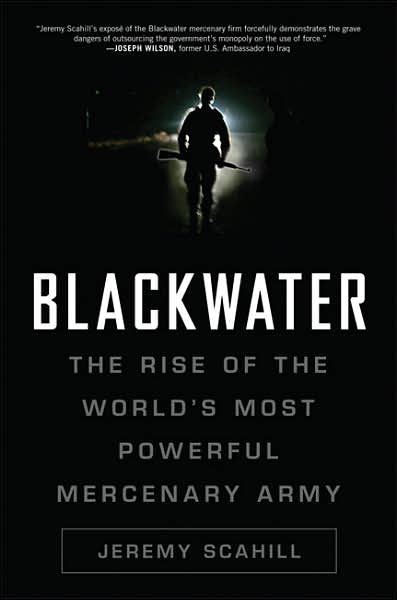Next time he runs for president, things will be different. That was Al Gore’s pledge to Democrats after the 2000 election: “If I had to do it all over again, I’d just let it rip. To hell with the polls, the tactics and all the rest. I would have poured out my heart and my vision for America’s future.”
Will Gore run in 2008? The question will echo throughout his appearances Wednesday before the House and Senate committees dealing with climate change. It likely will echo through all of American politics for months to come. There are two ways to ponder the question.
The logic of politics suggests Gore has already given his answer. He is not raising money. He is not urging friends and associates to stay on the sidelines until he makes a decision. He has said repeatedly that he has no plans to run. Shouldn’t we take him at his word? Not yet, we shouldn’t. The logic of psychology and even history suggests that Gore should run. And if he should run, it is hard to believe that a man who has organized most of his adult life around public service and the pursuit of the presidency won’t in the end actually do it.
For the moment, Gore’s legacy in American politics rests on two opposing facts:
– From the perspective of Democrats, no politician has been more right, more often, on more important questions. On global warming, words that had a radical edge in 1992 — and still do, to many conservative ears — Gore wrote “Earth in the Balance,” anticipating mainstream liberal rhetoric by a decade. Many Washington Democrats cringed at what they regarded as his shrill people-vs.-powerful 2000 convention speech, when he warned that a Bush presidency would favor special interests and the wealthy. They cringed even more in 2002 at what they regarded as Gore’s naive warnings that the coming Iraq war was a disaster in waiting and a distraction from other fronts in the campaign against terrorism. But within a year or so of both speeches, most Democrats inside Washington and beyond essentially embraced Gore’s argument and tone.
– From the perspective of people who believe, as nearly all Democrats do, that the Bush presidency has been a historic debacle, no Democratic politician is more culpable for these consequences than Gore himself. A more poised, focused and self-confident campaign surely would have won the election and not just the popular vote in 2000. As the chosen leader of his party, Gore had a responsibility to wage that campaign.
[Politico]














